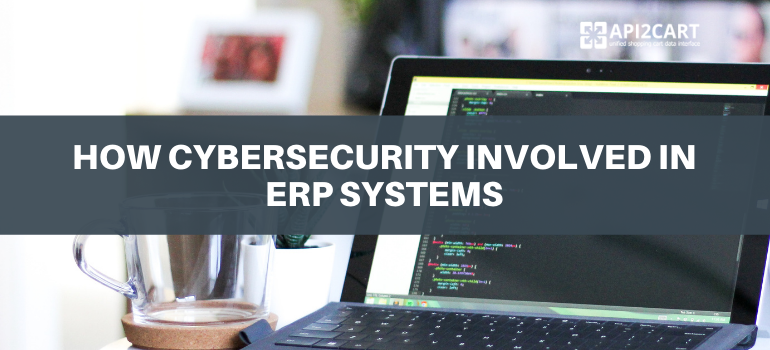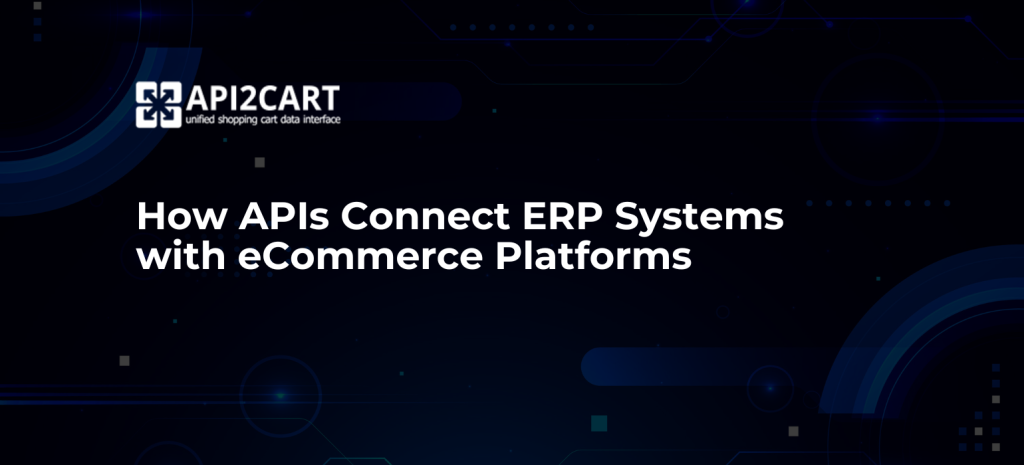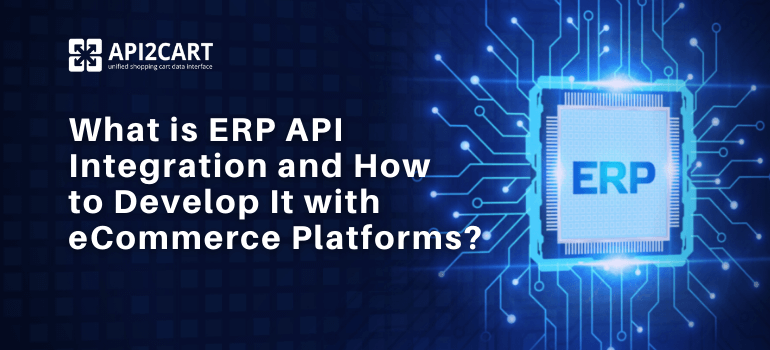
We are living in a murky digital world where technology has significantly improved how we run our businesses. However, cyber-attacks keep getting more rampant, and this is not an issue to be taken lightly. Every business large or small has some sensitive data it wouldn’t want to spill out on the streets, and so proper security measures must be put in place.
ERP systems form the very heartbeat of every business enterprise. An ERP (Enterprise Resource Planning) application is a process management software that enables a firm to use integrated applications for business management and automation of most back-office functions like human resources, services, and tech. It’s a shared central database that can support multiple tasks across different units of a business.
A lot of essential things that would go wrong where hackers to invade your ERP software. These systems carry very sensitive information for an organization such as financial planning, payroll, manufacturing formulas, treasury, inventory management, logistics, pricing, billing and hosting, credit cards and personal employee information, sales, customers and suppliers, critical intellectual property and so on.
With such crucial business operations being supported by ERP systems, it’s clear to see why nation-state actors, cybercriminals, and hacktivists can’t take their eyes off this fattened calf. Every attack happens for a different reason with nation-state actors, for instance, using their attacks to conduct espionage on organizations and most hacktivists doing ransomware to benefit financially.
Any business organization that wants to survive in this modern age needs to have stringent cybersecurity measures to protect its ERP software against attacks. As protected as we may be, cybercriminals keep getting smarter and should they maneuver through our system, we need to be prepared on how to both detect and manage the situation. Every employee needs to be trained in safe tactics to prevent ERP attacks.
Tips to shield your ERP Systems from cyberattacks
- Train your employees
- Always Keep Your Software Updated
- Use Private Cloud Storage
- Have an incident and response plan in place
- Hire a resident ERP professional
1. Train your employees
Human weakness has been identified as the leading cause for most cyberattacks. Cybercriminals use social engineering to manipulate human weakness and dupe people into falling into a trap. Even if you were to employ the most expensive security protocols on the planet, it would all be futile if your employees were not educated on safe practices to edge off any looming cyber-attacks.
To start with, employees need to be informed about the importance of using strong passwords. They should learn that obvious passwords like birthdays and town of birth are like apple juice to hackers, and they should instead use long passwords using multiple characters. They should also be warned about the dangers of opening spam emails and clicking on suspicious links that might make them fall victim to phishing.
2. Always Keep Your Software Updated
ERP software providers like Oracle and SAP always provide their clients with regular software updates, patches, and bug fixes. Most times, when a company releases a new software update, they similarly release all vulnerabilities contained in their previous version. Hackers are always looking for such vulnerabilities being made public. Because they know that most organizations delay in implementing new updates to conduct internal tests first.
Always ensure that you act quickly to install new updates to your ERP software. Similarly, ensure that all your firewalls, antivirus and anti-malware software are kept up to date to ensure that all weak points are sealed. Known malware like Dridex have now upped their game, and their updated version can steal login credentials from SAP ERP software. You, therefore, always must keep all your software updated.
3. Use Private Cloud Storage
Cloud storage may be the trend this season, but it also offers safe passage to cybercriminals targeting ERP systems as multiple users from different locations are using it. If you want to be on the safe side, it’s advisable to opt for private cloud as it minimizes points of entry for hackers. Although they are a bit costly, private clouds are easy to monitor, and so you can be able to detect attacks in real-time.
4. Have an incident and response plan in place
Just like the well-prepared students are the most likely to pass and examination, preparation is similarly the key when it comes to cyber-attacks. Keep all your software updated, train your employees, and use a private cloud, it’s important to note that a cyberattack can take place, nevertheless. Have a monitoring system that will identify an attack instantly and a response strategy that will thwart off the threat and manage the crisis.
5. Hire a resident ERP professional
If you intend to keep your ERP software safe from cyberattacks; it’s essential to hire a professional with prowess in ERP security who will always monitor your software and ensure safety 24/7. Such a professional can also set up foolproof admin controls and set up encryption for telecommuting employees.
SSL certificate and ERP Systems
Your company website represents the nature of your business. Just like you clean your face every day and take proper care of it to keep it looking appealing, you similarly must take suitable measures to ensure that your business website remains safe and appealing to all prospective customers. One of the best ways you can keep your site secure is getting a cheap SSL certificate from SSL2BUY. The vendor provides all types of SSL certificates including single domain, multi domain, EV SSL, etc.
If your business website is like a magnificent building, consider your ERP software to be like an essential wing inside that building. For that wing to be safe, the entire structure needs to be secure, which is where an SSL certificate comes into play. SSL can encrypt all information coming to and from your business website, ensuring that sensitive data doesn’t fall into the wrong hands.
Conclusion
As addressed in this article, ERP software forms the backbone of the day to day operations for our business. If this system was to be compromised by a cyberattack, the repercussions could be far-reaching and damaging. Organizations, therefore, need to take safety precautions to ensure that this unfortunate scenario doesn’t happen and if that dark day ever comes, there’s a proper incident and response strategy in place.
In case you are an ERP service provider, then shopping cart integrations are of high importance for your system. However, it is often problematic to build integration with eCommerce platform as each has its own peculiarities. A much better is to use a unified shopping cart data interface that allows you to connect to 40+ eCommerce platforms through only one API. Using API2Cart your ERP system will be able to sync inventory, collect orders, create shipments and update order statuses on multiple sales channels.
Schedule a call with our representative to get know more about how the service works and what other benefits your ERP system can get with API2Cart.



